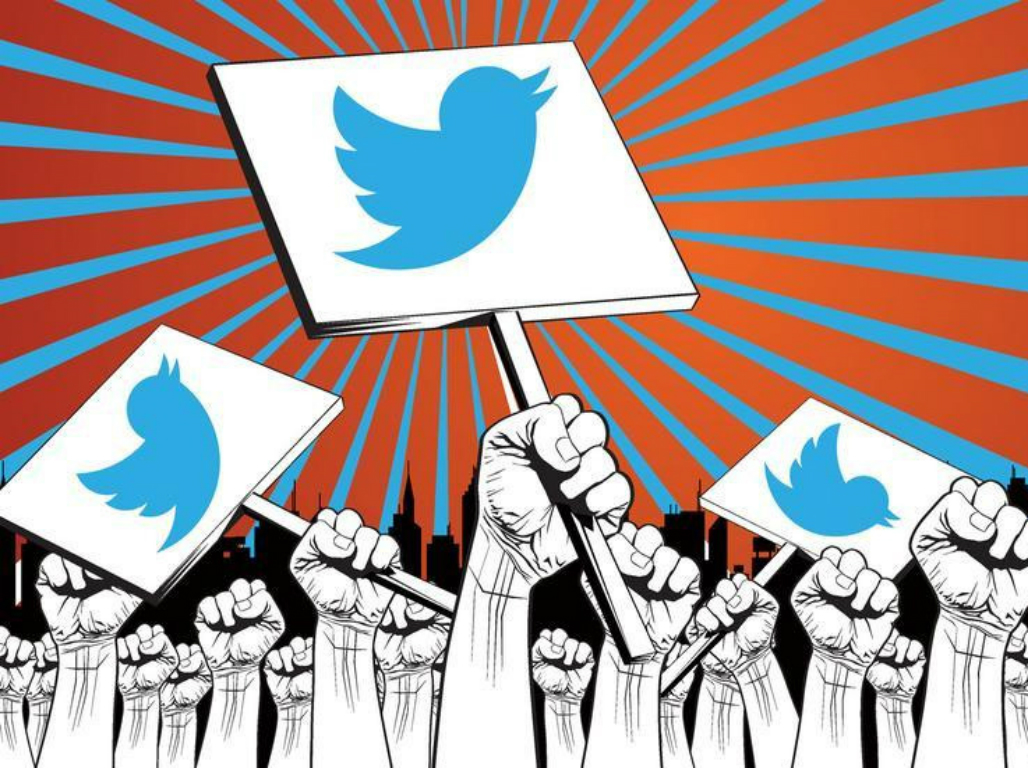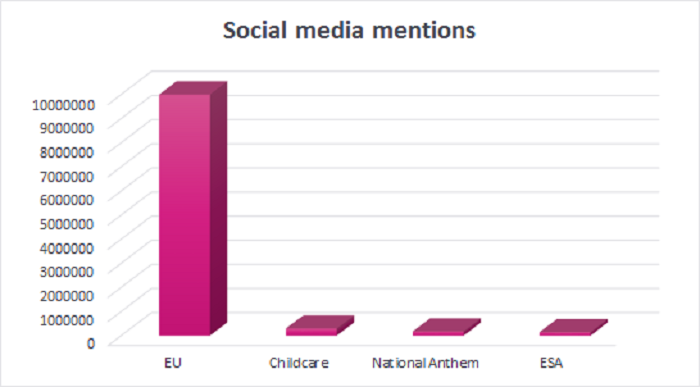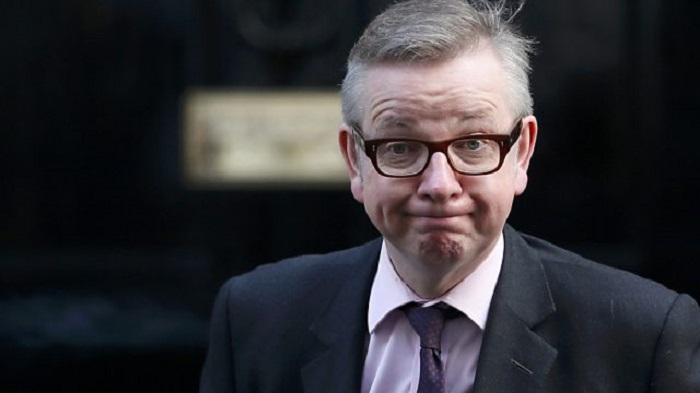Women in public affairs: what’s changed and what needs to change
This morning, the Women in Public Affairs Network met for a breakfast event with Stephanie Lvovich, Global Public Affairs Chair at Edelman and Anji Hunter, Senior Adviser at Edelman. They discussed the ups and downs of working in the industry, how things have changed and what more needs to be done. It made for an interesting conversation, with women from the wider public affairs and communications sector also sharing their experiences. Here are 6 things that came up.
- Being a woman in public affairs has gotten better:
In business, 10 of the top 100 FTSE 100 CEOs are women and most work in areas which have been traditionally male dominated. Similarly, when Anji started working in the House of Commons as a Research Assistant to Tony Blair, there were just 41 female MPs – now there are 191, making up 30% of the total intake, and there’s gender parity for MPs under 35. This isn’t perfect, but it bodes well for the future of gender balance in the House of Commons and, more broadly, for women in politics.
- Ignore the ‘silent critic’
Compared to thirty years ago, women in the UK are up against far fewer barriers in employment: there’s equal pay, maternity leave and legal protection against discriminatory practices. The biggest issue that both Stephanie and Anji see facing women today is a lack of self-belief, and the ‘silent critic’ which tells them that they shouldn’t really be going for that promotion or pay rise. Even Facebook CEO Sheryl Sandberg has experienced this: she says she felt embarrassed when she found out she’d made the Fortune 500. So while there are less structural barriers stopping women from achieving success, there may be more to be done on a personal basis.
- Public affairs is changing
Public affairs has a reputation for being an old boy’s club, and can be dominated by a ‘who do you know’ not ‘what do you know’ way of working. But, as Stephanie points out, it seems to be moving from a space where relationships define your career to one where strategy, knowledge and issues are more dominant. This change in focus may benefit the women who don’t feel part of the old boy’s club.
- Women in politics face some unique problems
For women in politics, likability and success is inversely correlated. There’s a balance that needs to be struck between authority, which we assume politicians should have, and softness, which we assume women should have. As such, female politicians have a hard time trying to get this balance right in a way that voters find compelling. In the near future we may have a female Prime Minister, President and Leader of the Opposition, so it will be interesting to see how the media and public view them in this respect.
- Quotas have a time and a place
Politics and public affairs are areas that have improved in terms of female representation, but as one attendee pointed out this morning, there are still large proportions of the industry which are heavily dominated by men. In terms of making change happen, there was general consensus that quotas serve the purpose of normalising the position of women in male dominated workplaces. As all-female shortlists for MPs have shown, this isn’t something which needs to be permanent, but works as a means to drive change.
- Brexit and PR
Unavoidably, Brexit came up in conversation. From a business perspective, the insecurity and lack of confidence that Brexit has created was broadly viewed with concern. From a PR perspective, it also raised interesting questions about how the industry now has to understand and reach out to the 17 million people who voted to leave the EU.






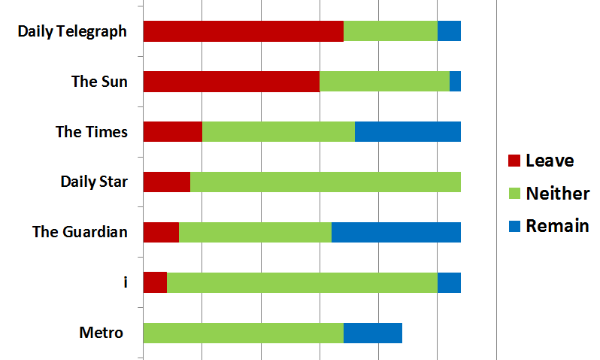
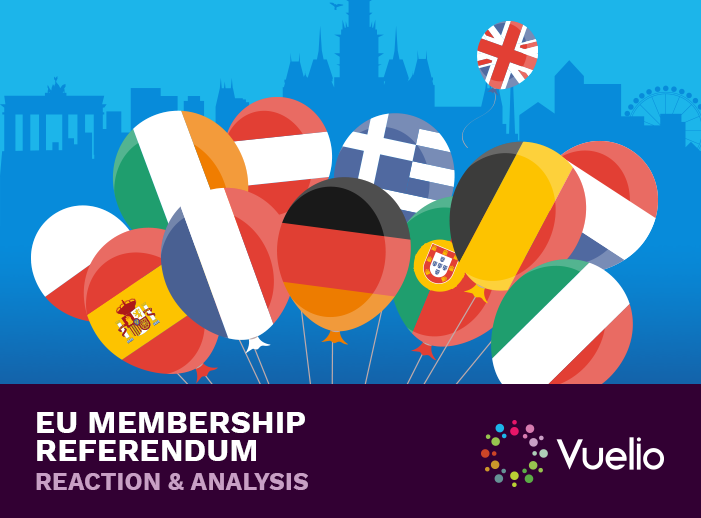
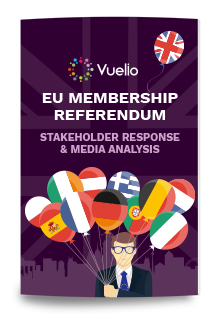
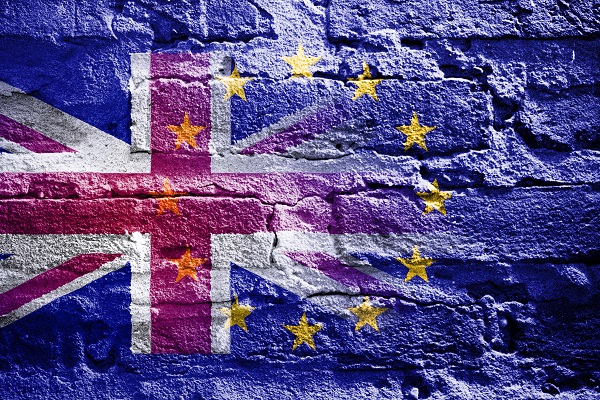


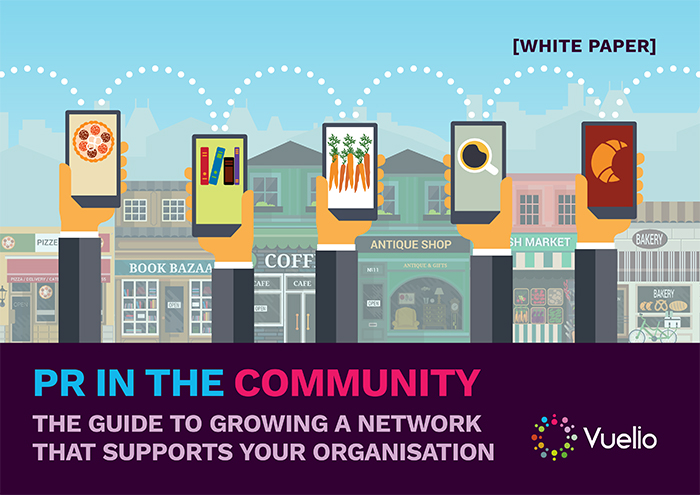
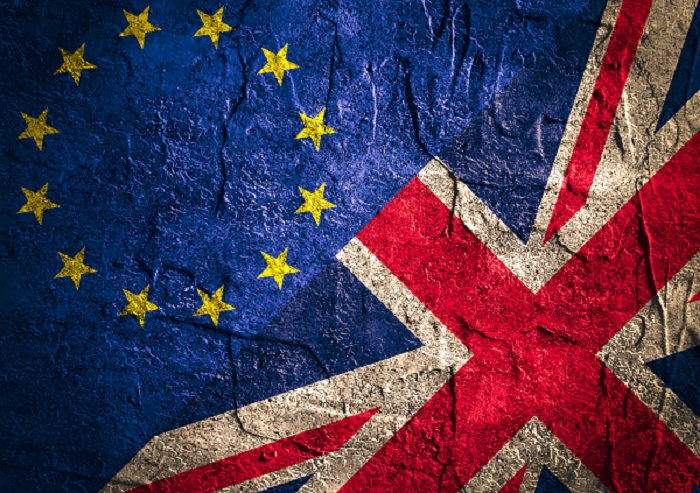
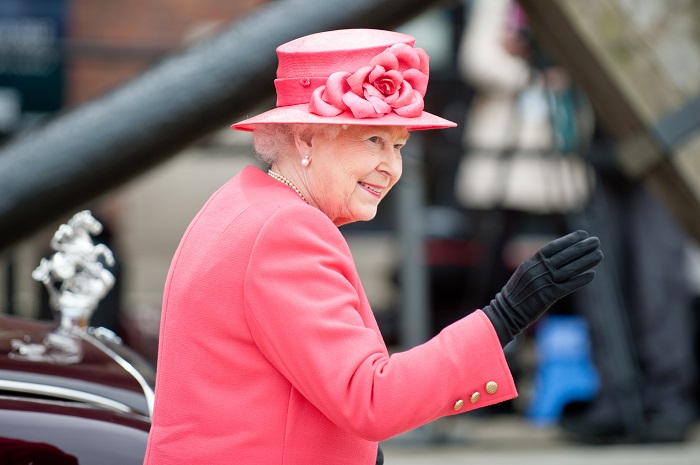



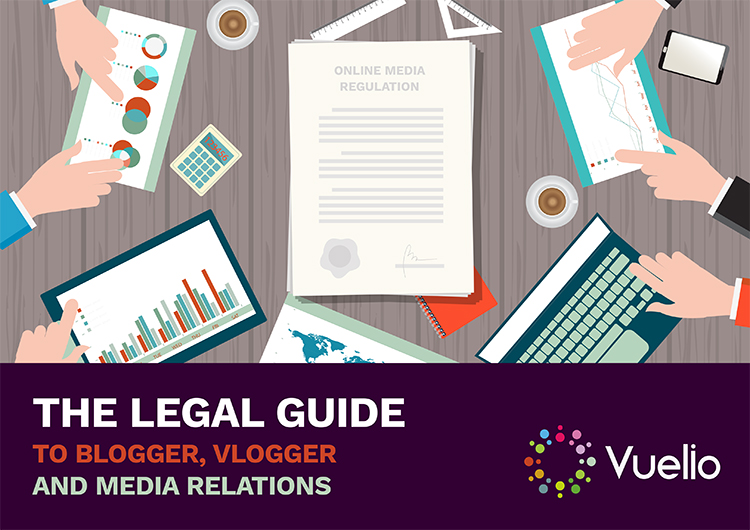
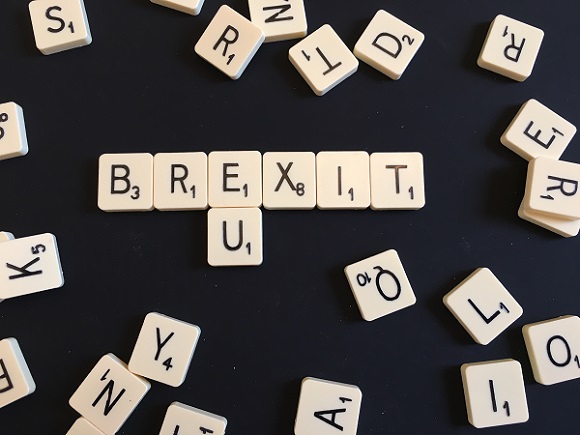


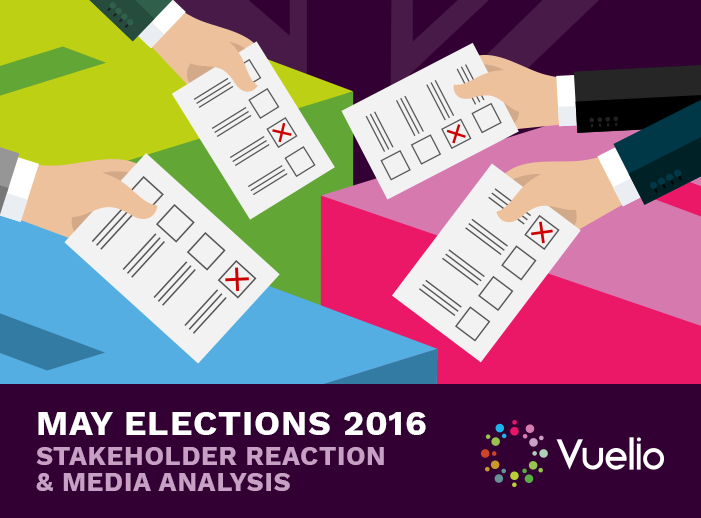
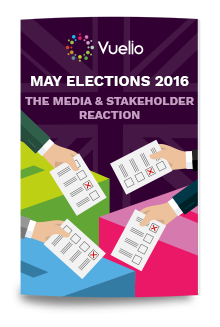
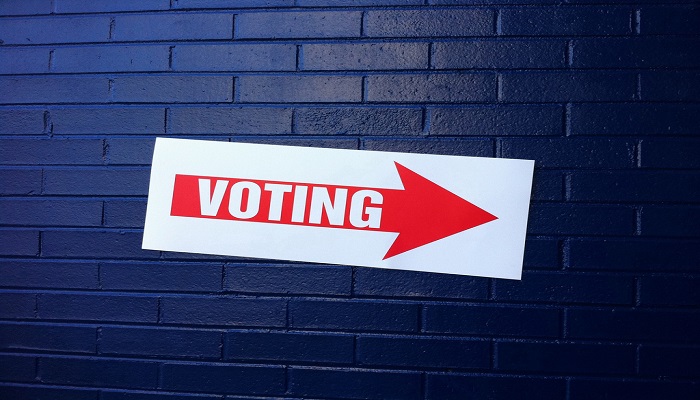
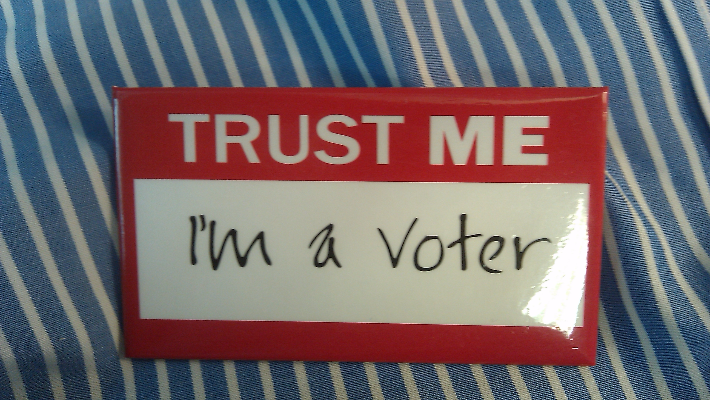

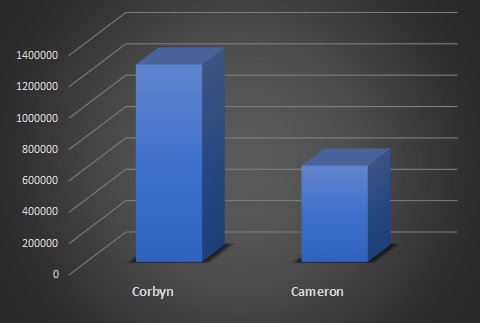

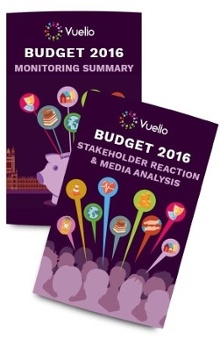 The 2016 Budget was announced on March 16th. What was the media and public reaction? And what does it mean for you?
The 2016 Budget was announced on March 16th. What was the media and public reaction? And what does it mean for you? 

